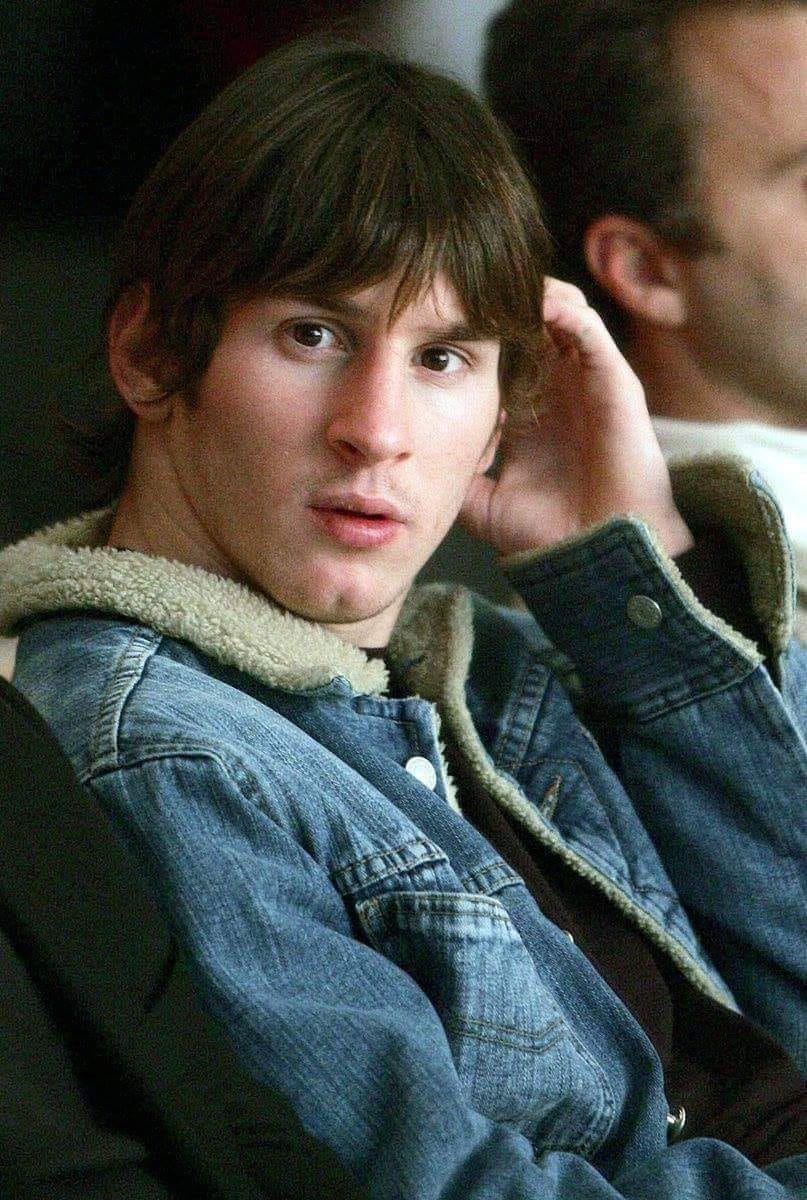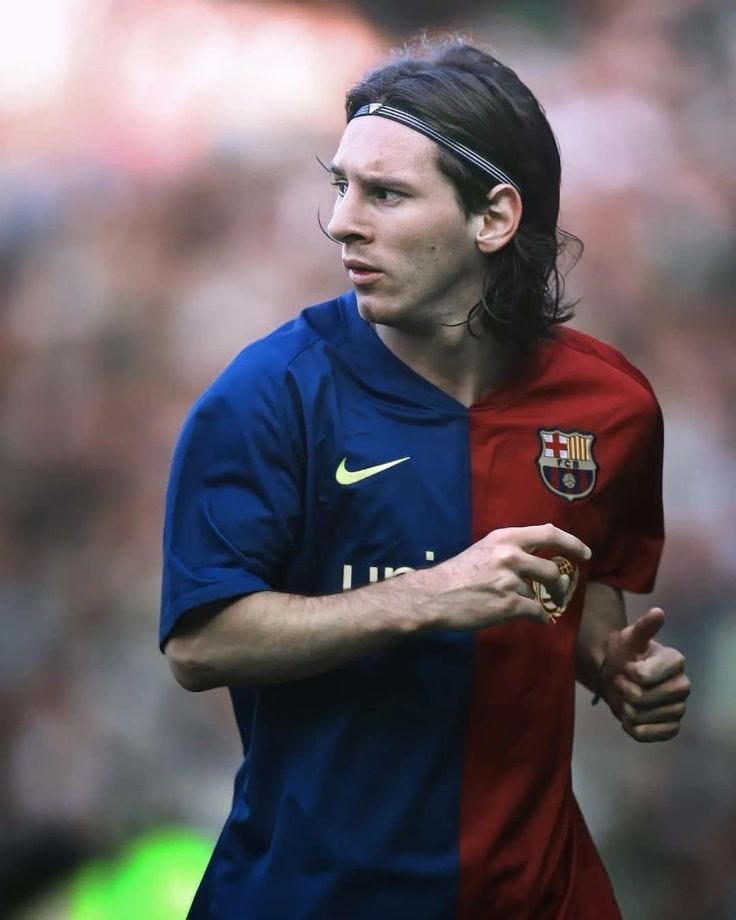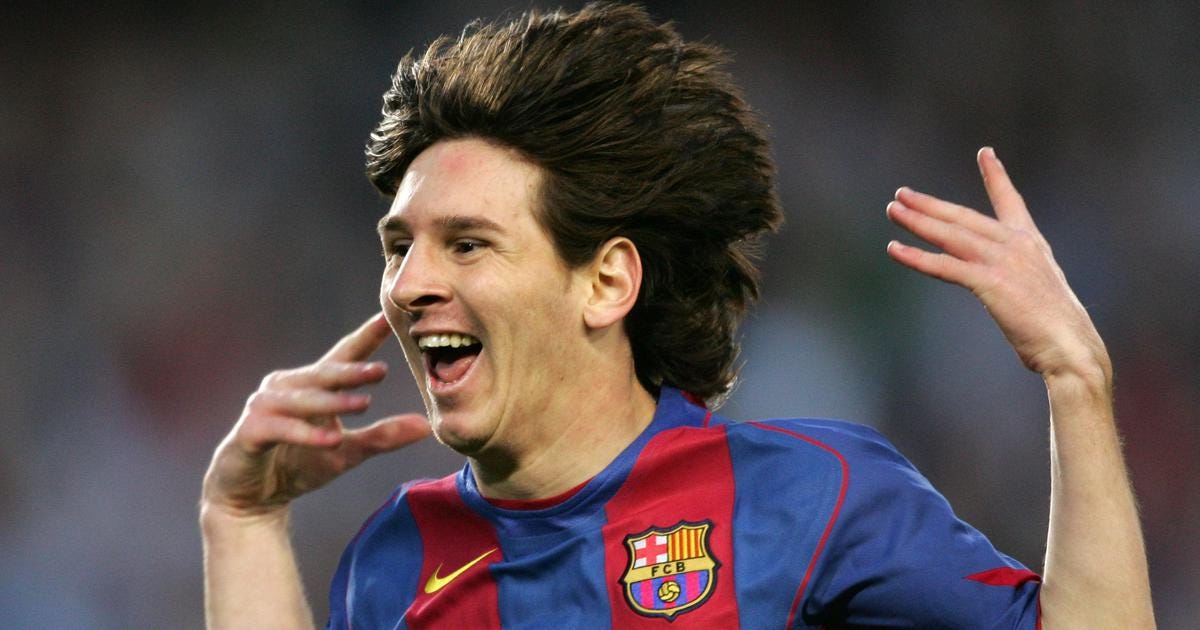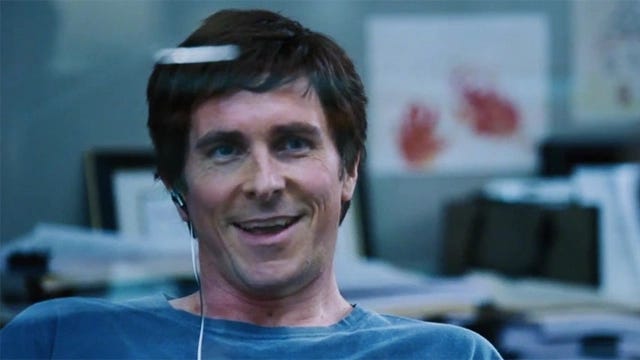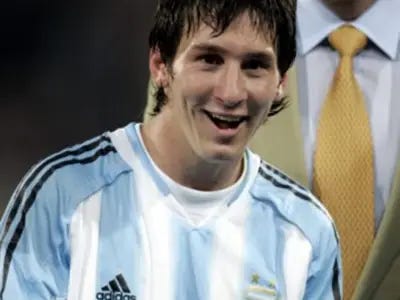Shortly before Christmas, I learned there are credible rumours that football superstar Lionel Messi is autistic. He was in the news because he had recently led Argentina at the world cup, winning a dramatic final. The victory guaranteed the legend of Messi, securing the main trophy that had eluded him in a career so successful even I have heard of him.
The rumours that he is autistic intrigued me not only because I like learning about autistic people—especially in unexpected professions, like elite team sports—but also because I remember a ‘vibe’ when I impulsively looked him up a few years ago to see what the fuss was about. People write about him in religious terms.
I understand enough about football to see from the highlights reels that he is incredible. He makes football seem like a different sport because one of his talents is gracefully retaining the ball and escaping what seem like impossible physical situations where other footballers would theatrically fall over. What’s interesting about this talent is that it is related to a known atypicality in autistic people—proprioception.
Proprioception: ‘perception or awareness of the position and movement of the body.’ I can sense where my toes are without looking at them or wriggling them, for example, and this is typical of most people, so I understand. There is an always-on embodiedness to waking consciousness, disturbed by illnesses or drugs like local anaesthetics—in which a body part goes missing from proprioception—or psychedelics—in which proprioception becomes unbounded, aka an out-of-body-experience. The reverse can happen when a body part is amputated and there is an error in proprioception, the phantom limb. The clinical literature on autism includes observations about proprioception, linked to loose coordination or clumsiness. The stereotype is that in autism proprioception is impaired, and so superlative sports talent is unexpected.
One reason it’s interesting that Messi might be autistic is he has unique proprioception. The talking heads in documentaries about him struggle to find the words to describe how rare and unusual is his ability to control the ball, abruptly change direction and evade flocks of defenders while sensing where the nearby advantageous spaces are.
His proprioception isn’t what gave me a vibe when I looked him up a few years ago but I’ve come to wonder if the vibe itself, which I realise I’ve experienced about other autistic people too, might be considered an effect of proprioception. I’m not the only autistic person to report intuitively knowing who is autistic, a kind of radar. Recently I’ve wondered what it is that’s experienced in these moments. It’s not a thought. Is it a sense? A feeling? I think it might be something like a flicker in proprioception, a strange sense that this person is an extension of myself.
I didn’t understand that I was autistic when I felt this vibe about Messi a few years ago. I rationalised that the odd intuition I was experiencing was that he ‘didn’t look a footballer’, which is an amusing echo of ‘you don’t look autistic.’ I analysed this reaction, ‘what does a footballer look like and how does he not fit the look?’ I accepted that my rationalisation was irrational and stopped thinking about it. Then, a few weeks ago I learned of the rumours he’s autistic.
The rumours discuss him as a child, when he was sometimes known as ‘the little mute’. He didn’t speak much. He quietly observed social situations. There are exemplary anecdotes, like the time he turned up to training, as a professional, and played the whole session with a spoon in his mouth. (This recalled my own memories of leaving a spoon in my mouth after eating, with the convex side pressed against my soft-palate and my tongue vacuum-stuck into the concave side—the mouth can be a place of stimming.) As a captain, Messi once communicated an important announcement to the team by text message where ordinarily it would be in person, etc.
Perhaps what my rationalisation ‘he doesn’t look like a footballer’ was actually expressing was that I sensed something uncanny about Messi. One meaning of uncanny is something that is sensed as being false even though it looks accurate, like an android or computer simulation. Perhaps what I was sensing about Messi wasn’t that he doesn’t look like a footballer, but that he doesn’t appear neurotypical, and that I sensed a kind of kinship, a flicker in my proprioception.
If I remember correctly, in the talk about autism, heterodoxy and the occult that I referenced in a blog a few weeks ago, Ben Mitchell offers this as one explanation for some autistic people’s interest in the occult, supernatural or paranormal. In addition to having disturbing/intense/ineffable perceptions/sensations/experiences that might be interpreted through supernatural or occult logic, he also notes that autistic people themselves are told they are spooky, uncanny, ethereal, creepy, weird etc. Besides introversion and reservedness, the next most common adjectives used to describe Messi are the magical and the divine.
Coincidentally, he resembles Christian Bale’s autistic character in The Big Short.




